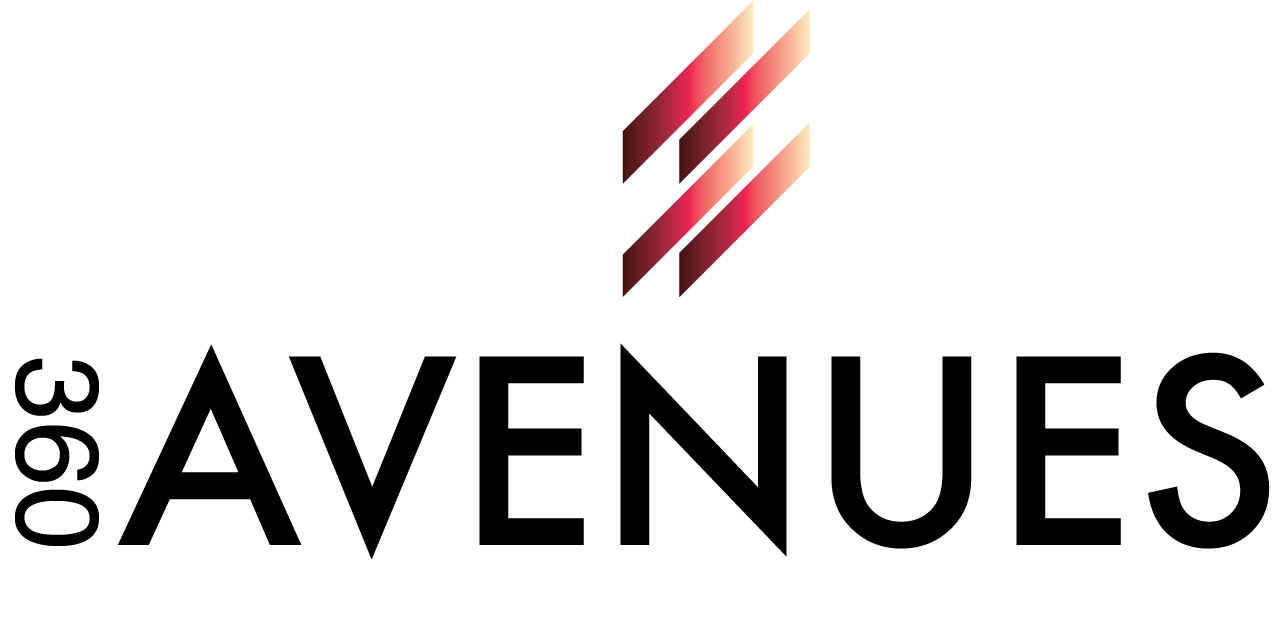WhatsApp Cloud API pricing structure EXPLAINED
The WhatsApp for Cloud API pricing structure is based on two primary pillars:
1. Platform Subscription Charges:
Think of this as your monthly platform 360 Avenues Whatsapp CRM Platform access fee.
Different WhatsApp Cloud API Solution providers offer varying plans and pricing.
Choose a plan that suits your business needs.
2. Conversation Charges:
This is where WhatsApp itself steps in. Whatsapp charge for conversation based pricing a small fee for each 24-hour conversation your business has with a user.
The exact WhatsApp API cost depends on the conversation type (marketing, service, etc.) and user’s geography. Your Business Solution provider will likely add a slight markup for their service and infrastructure.
Whatsapp pricing details can be found- Here
Pricing Chart- Here
Understanding Conversation-Based Pricing on WhatsApp Business Platform
This document provides a detailed overview of conversation-based pricing and how it applies to the WhatsApp Business Platform.
✔ Pricing Per Conversation, Not Per Message – Charges are based on 24-hour conversation windows, not individual messages sent or received.
✔ How Conversations Work – A conversation begins when a message is delivered to a customer and remains open for 24 hours.
✔ Conversation Categories & Pricing – The criteria for conversation initiation, classification, and applicable charges are outlined below.
WhatsApp Conversation Categories & Their Use Cases.
Conversations on the WhatsApp Business Platform are classified into four key categories, each serving a specific purpose:
🔹 Marketing – Drive engagement, boost sales, and reconnect with customers through targeted messaging. Use cases include:
– Promotions & Offers (e.g., discounts, special deals)
– Product & Feature Announcements
– Cart Abandonment Reminders
🔹 Utility – Facilitate seamless customer interactions by providing timely updates and confirmations. Examples include:
– Order & Delivery Notifications
– Account Updates & Payment Reminders
– Feedback & Survey Requests
🔹 Authentication – Secure user access and prevent fraud with one-time passcodes (OTPs) for:
– Account Verification & Recovery
– Login Security & Integrity Challenges
🔹 Service – Enhance customer support by efficiently addressing inquiries and resolving issues.
📌 Important Notes:
✔ Marketing, Utility, and Authentication conversations must be initiated using **template messages**.
✔ Service conversations can begin with any message type other than a template message.
How Conversations Are Opened on WhatsApp Business Platform
Conversations are initiated when you send a message to a customer under the following conditions:
Marketing, Utility, and Authentication Conversations
When a marketing, utility, or authentication template message is sent, the system checks if an active conversation of the same category already exists between you and the customer:
✔ If an active conversation exists – No new conversation is opened.
✔ If no active conversation exists – A new conversation is opened for that category, lasting 24 hours from the message delivery time.
Example Scenarios:
Hour 0: You send a marketing template message (e.g., a targeted promotion). Since no marketing conversation is active, a new 24-hour marketing conversation begins.
Hour 4: The customer places an order, and you send an order confirmation (utility template message). No active utility conversation exists, so a new 24-hour utility conversation starts.
Hour 10: You send a shipment confirmation (utility template message). Since an active utility conversation is already open, no new conversation is initiated.
📌 For more details on choosing the correct template category, refer to Template Categorization.
Effective November 1, 2024 — service conversations will be free for all businesses.
24 Hour WhatsApp Conversation Window [EXPLAINED]
WhatsApp Business API pricing by use case
The 24-hour WhatsApp discussion window enables businesses to send free-form communications to clients without limitation. It begins when a user makes contact with a company, such as sending a message, clicking a call-to-action button, or interacting with a chat bot. During this time, companies can freely communicate with users using bespoke communications such as text, photographs, videos, or files, without the need for pre-approved templates.
Free Entry Points for the Conversation Window
WhatsApp has several free access points that open the 24-hour window. This includes:
– Click-to-WhatsApp Ads: When a user interacts with an ad, it leads to a WhatsApp chat.
– WhatsApp Widgets: Selecting a chat widget from a website or app.
– QR Codes: Scan QR codes that are linked to a WhatsApp Business account.
– Direct Messages: Users manually beginning a discussion.
These entry points make it seamless for customers to connect with businesses, enabling real-time communication.
Maximizing the 24-Hour Window
To make the most of this window, businesses should:
– Respond promptly to inquiries to maintain customer trust.
– Use automation, such as chatbots, to handle FAQs efficiently.
– Personalize responses to enhance user experience.
Once the 24-hour window closes, businesses must use pre-approved message templates for further communication, ensuring compliance with WhatsApp policies.
